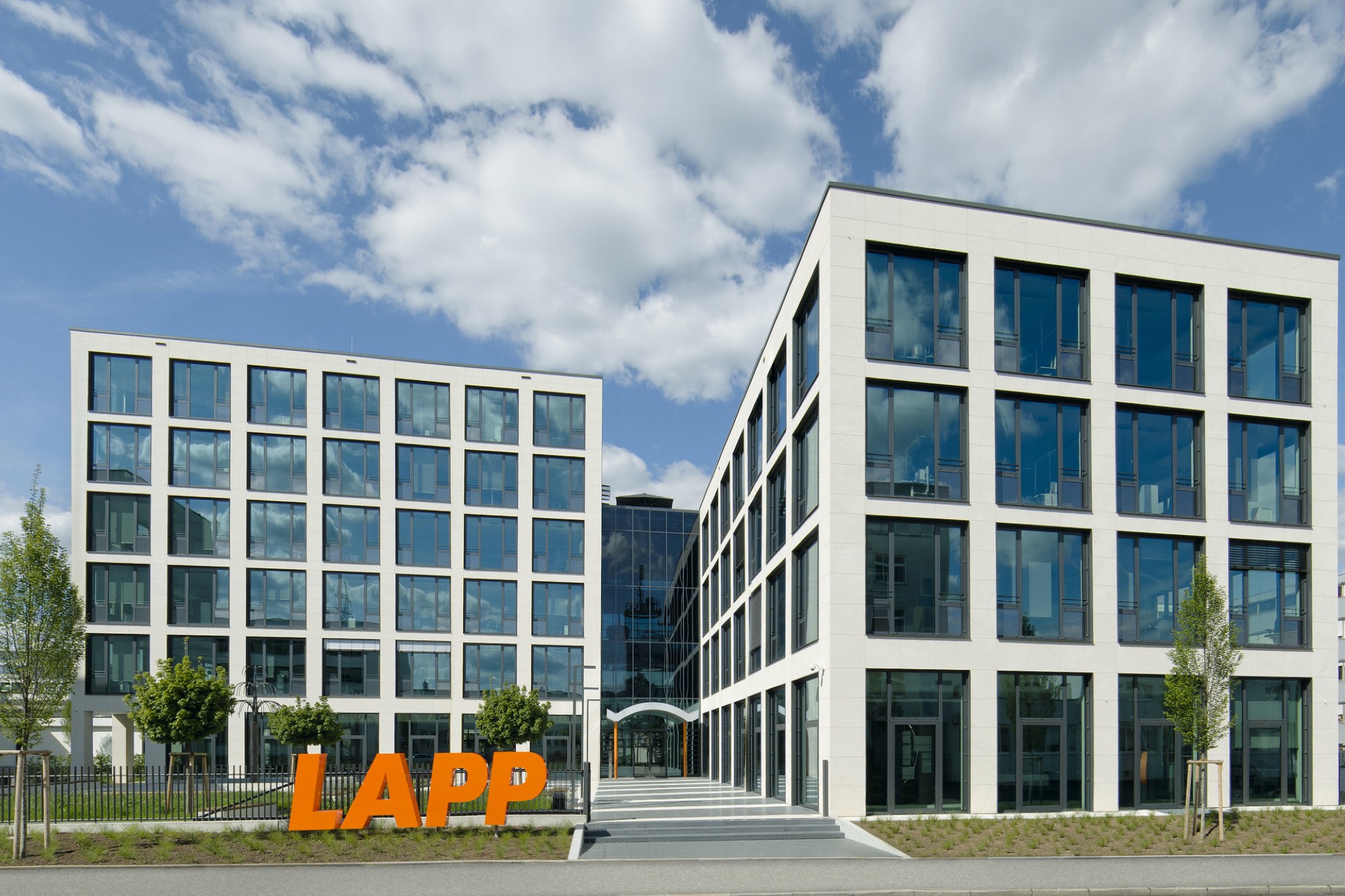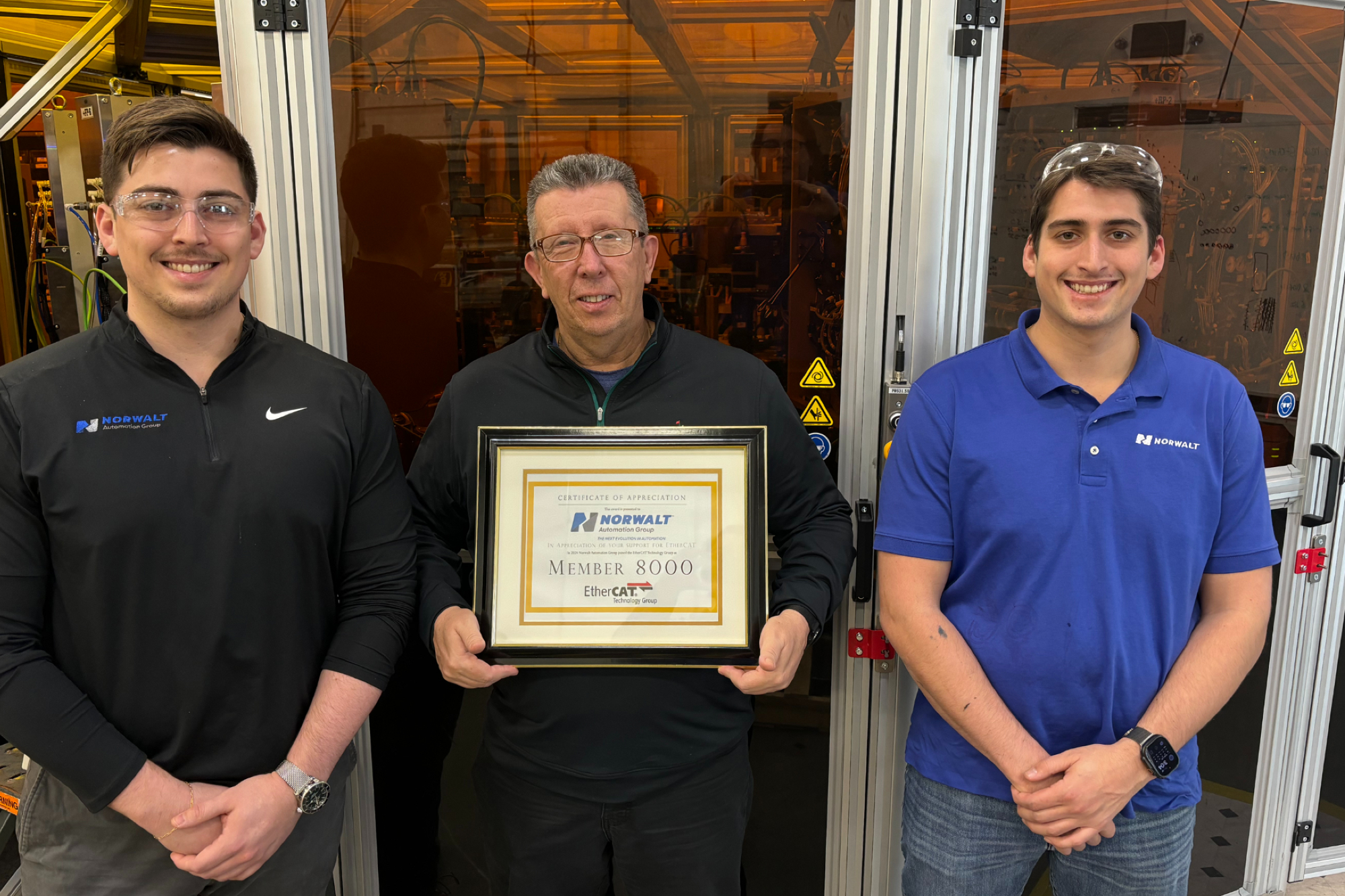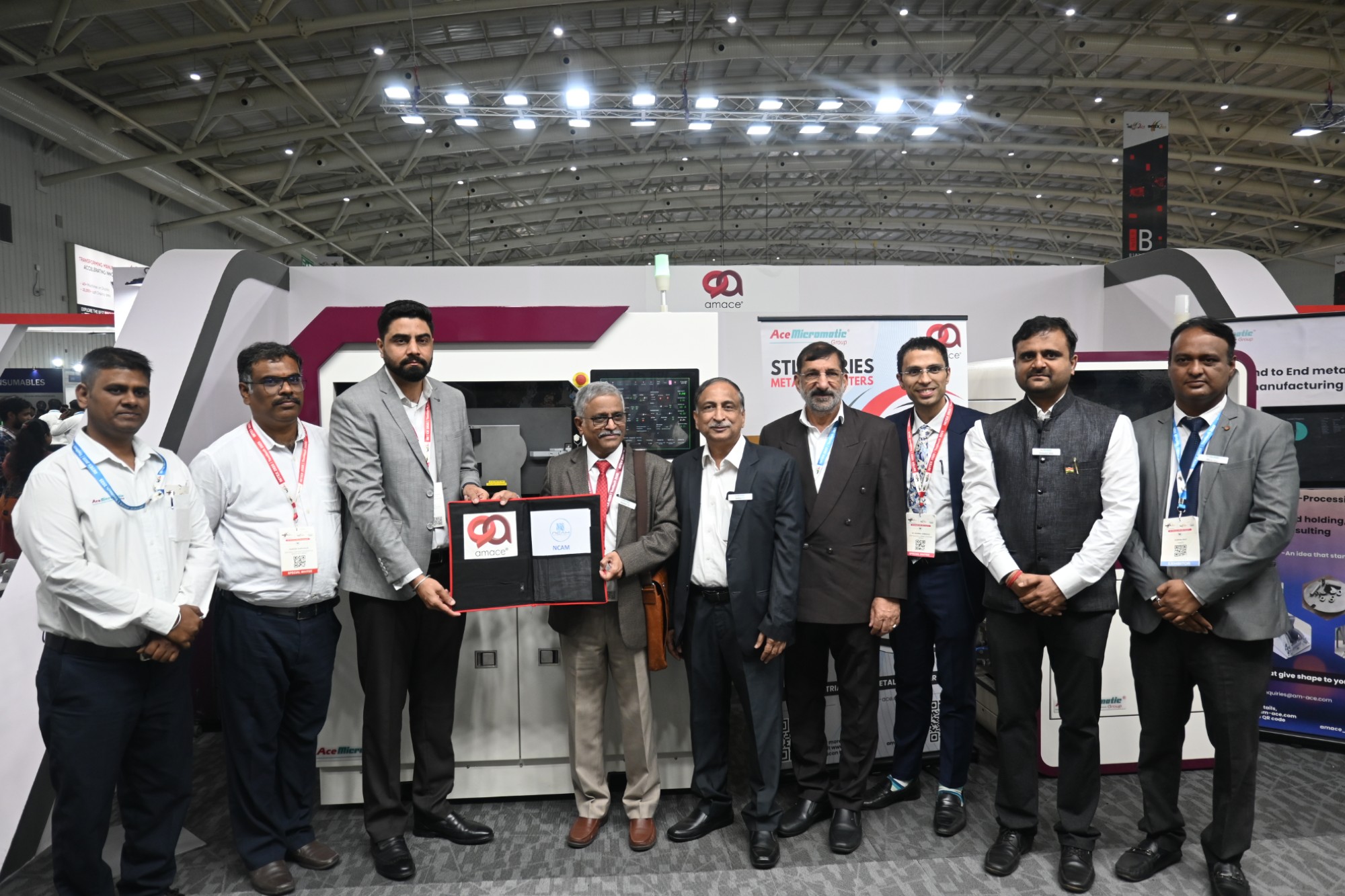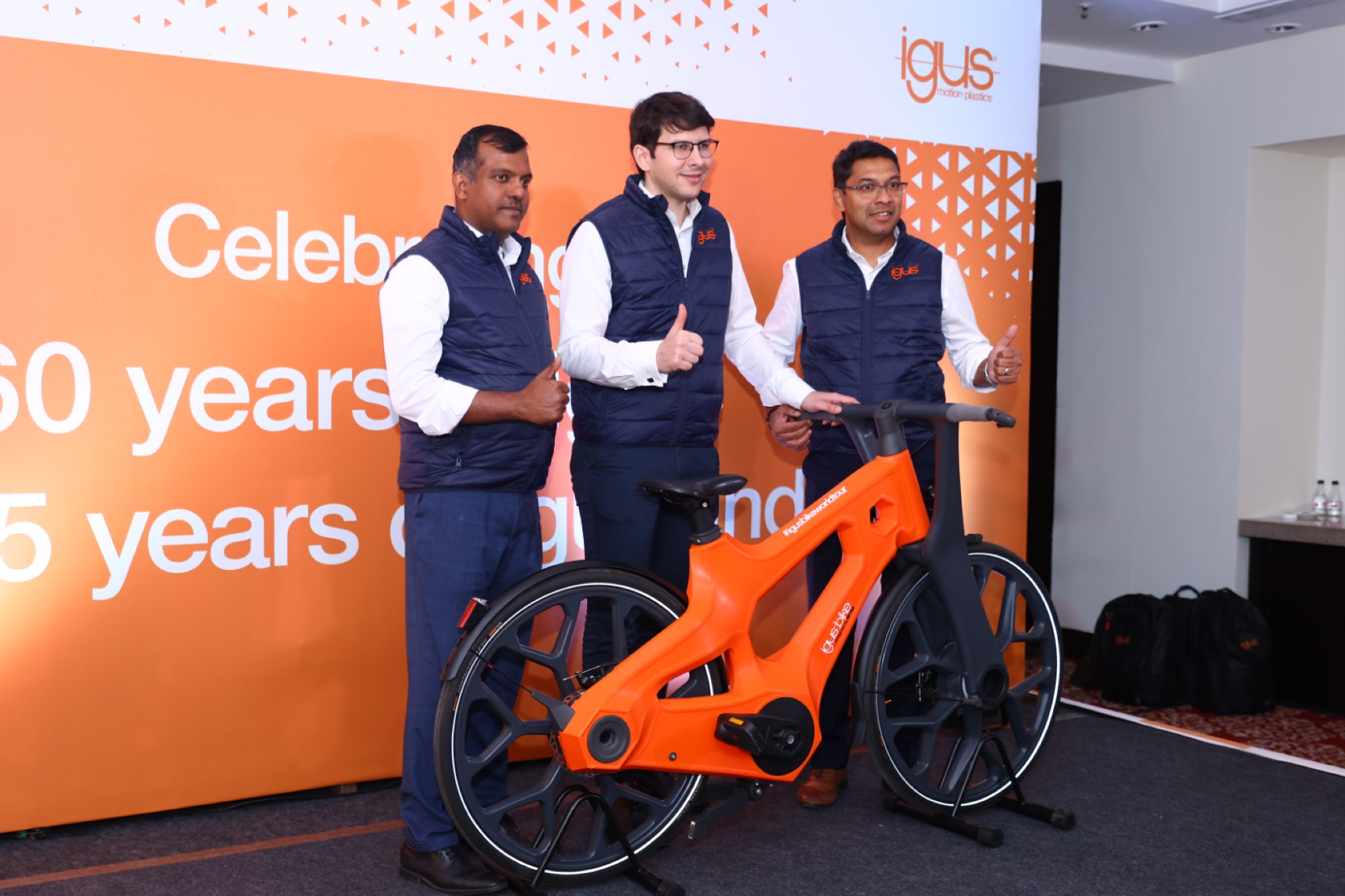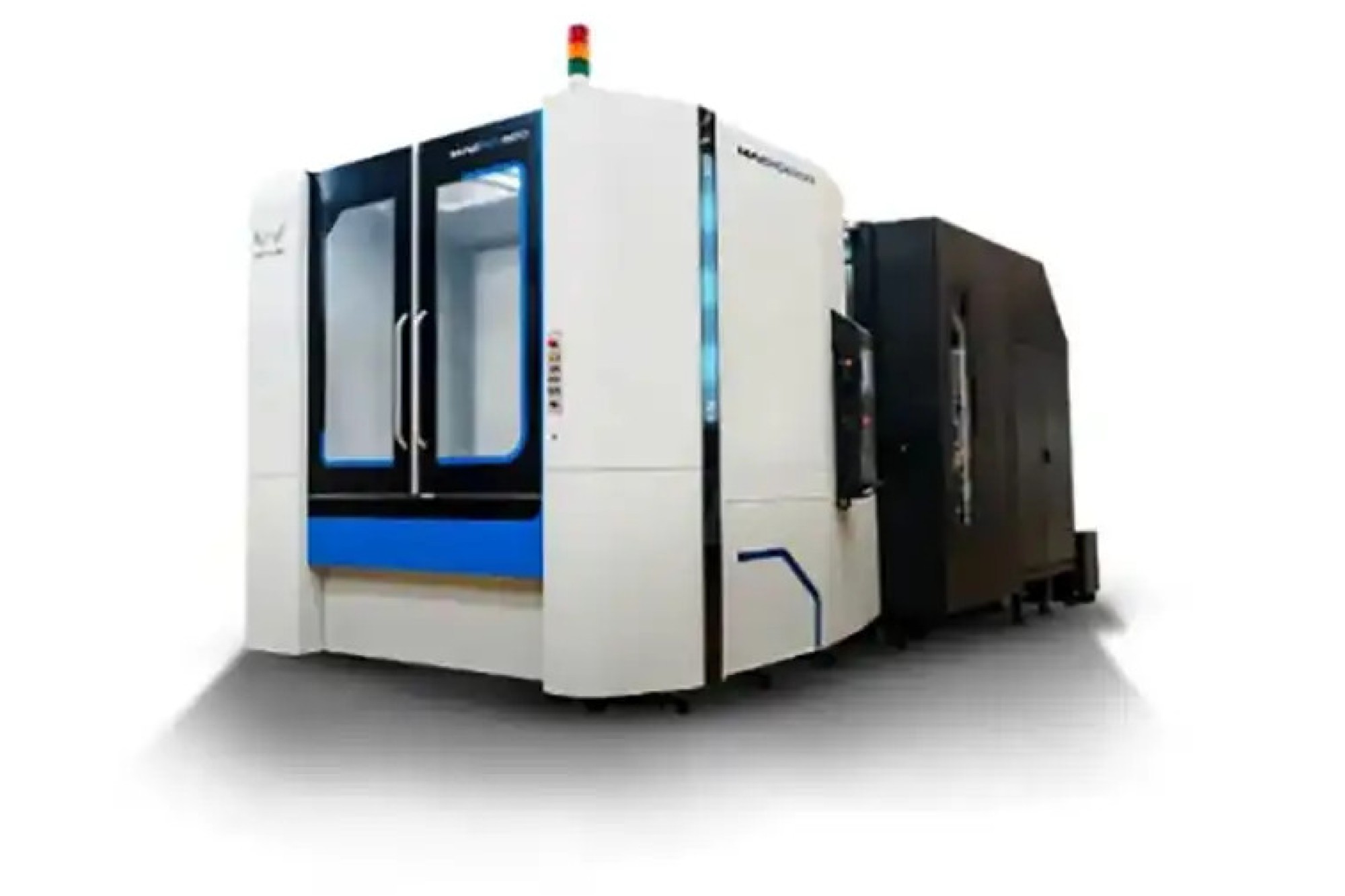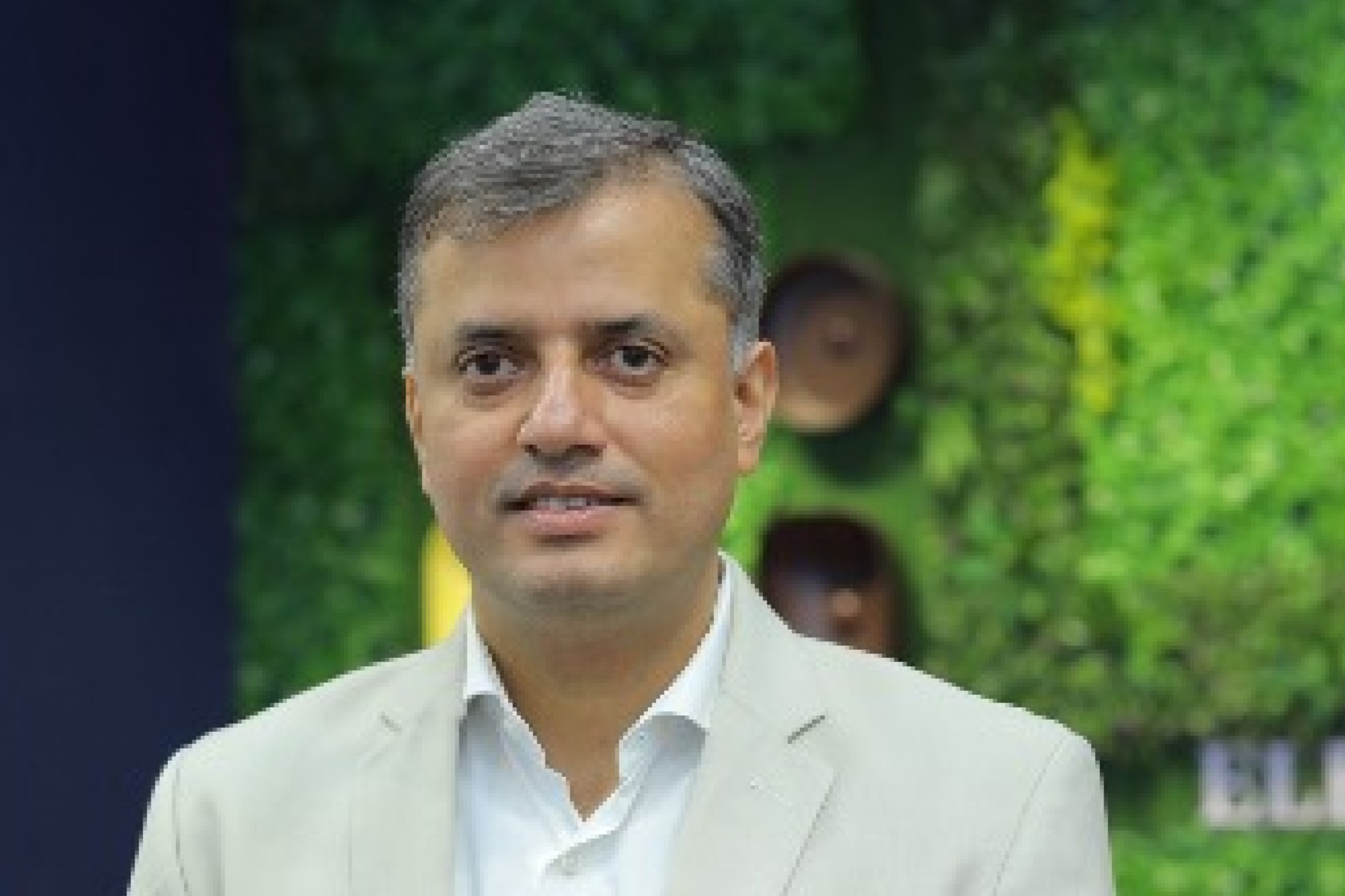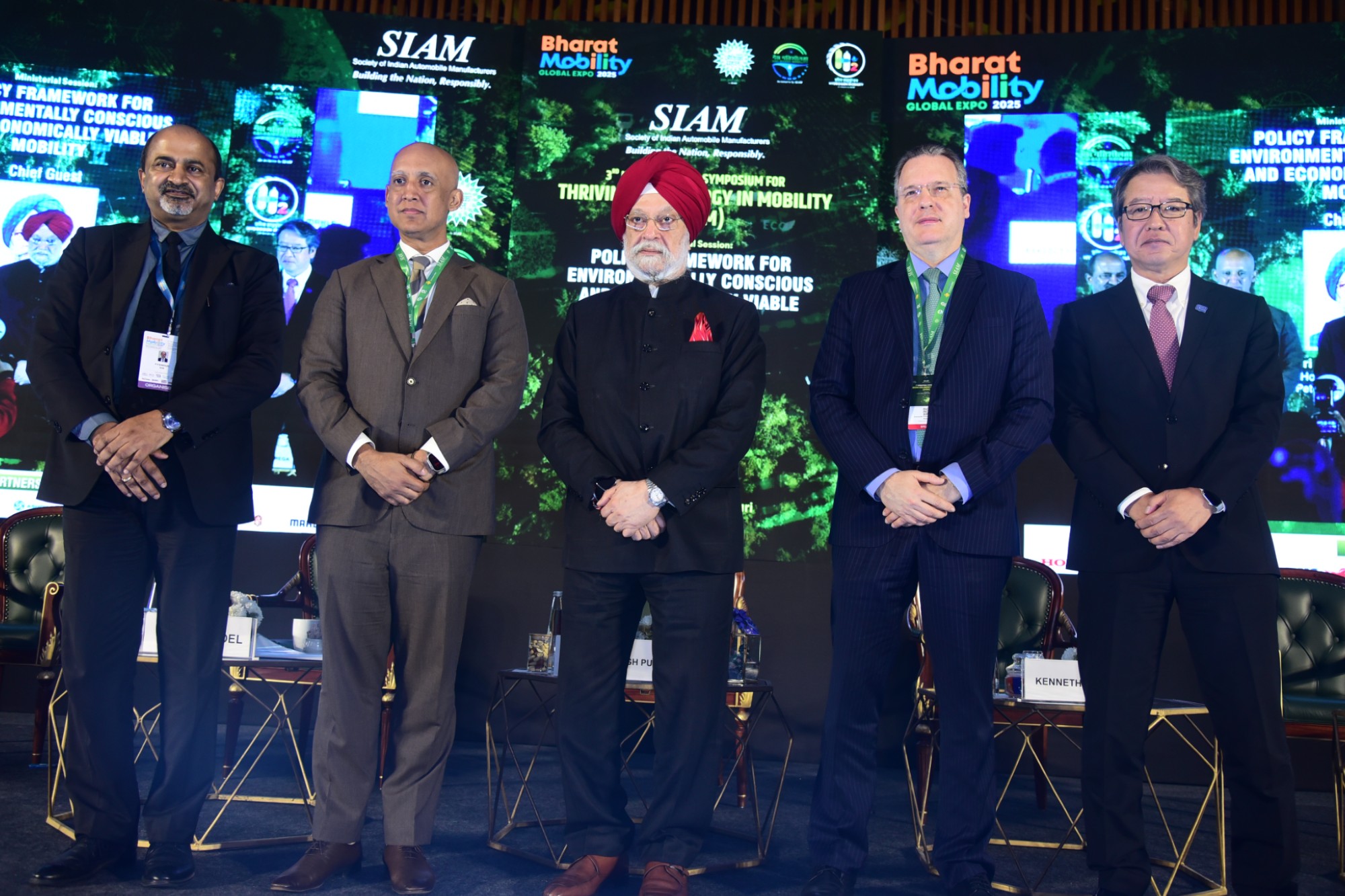A globally competitive manufacturing hub in making
By admin June 30, 2015 3:26 pm IST
The ‘Make in India’ campaign, launched by Prime Minister Narendra Modi last September has indeed enthused the Indian manufacturing industry and brought in optimism and hope. The campaign is a blueprint that aspires to bolster domestic manufacturing by facilitating investments, fostering innovation, enhancing skill development, protecting intellectual property and building best in class manufacturing infrastructure within the country.
The Automotive Component Manufacturers Association of India (ACMA) is confident that the reform agenda of the government will lead to key positive results and create growth opportunities for the industry. ACMA is the apex body representing the interest of the Indian auto component industry. In an exclusive interview with Subhajit Roy, Ramesh Suri, President, ACMA talks about the opportunities, challenges and roadmap for the Indian auto component industry. He also suggests some reforms needed to make India a manufacturing hub.
Poised for exponential growthWhile the automotive sector has been under severe pressure for the last two years, the recent figures published by the vehicle industry body SIAM are indicative of the fact that the growth is gradually returning; in FY 13 -15, production of two-wheeler and three-wheeler registered a growth of 9.58 per cent and 14.33 per cent respectively while that of passenger vehicles grew by 4.28 per cent. The commercial vehicles sector, which has been a cause of concern, is expected to bounce back soon with production of M&HCVs recording a robust growth of 21.12 per cent during the last fiscal.
The component industry grows in tandem with the vehicle industry. “The component industry will grow in single digit this year. The industry is expected to pick up in second half of FY16 and beyond into FY17. Exports continue to do well despite the slack in the domestic market,” anticipates Mr Suri.
He adds, “The auto component sector recorded almost 14 per cent growth in exports the first nine months of FY 2014-15, scaling $ 8.42 billion.”
Enroute to successCommenting on how can ‘Make in India’ achieve success, Mr Suri said, “The first and foremost is by instilling investors confidence and enabling growth. With some of the recent reforms and others in pipeline, I am confident that these objectives will be met sooner than later.”
He adds, “We urgently need labour reforms, some states are already made a beginning, others need to follow suit. This has to be reinforced by skilling our workforce and in the automotive sector, the Automotive Skill Development Council is one of sector councils under NSDC which is making satisfactory progress, this needs to gather momentum.”
That apart, to be globally competitive, the auto component sector needs to graduate developing its own products and technology. “A technology upgradation and development fund is the need of the hour to catapult us to the league of automotive nations that excel in innovations and R&D,” Mr Suri opines.
Lastly, ‘Make in India’ cannot be successful without focus on ease of doing business. “The governments at centre and states have been in dialogue with ACMA where we have collectively put specific recommendations to help us resolve administrative challenges that impede business,” Mr Suri informs.
Cookie Consent
We use cookies to personalize your experience. By continuing to visit this website you agree to our Terms & Conditions, Privacy Policy and Cookie Policy.





